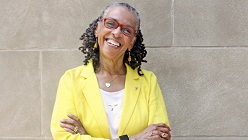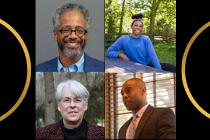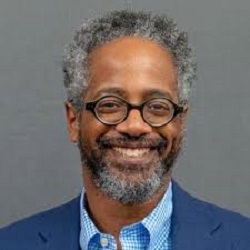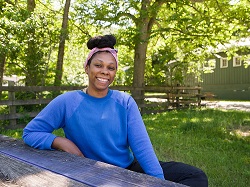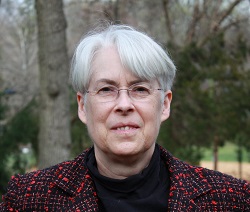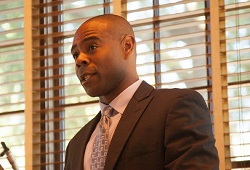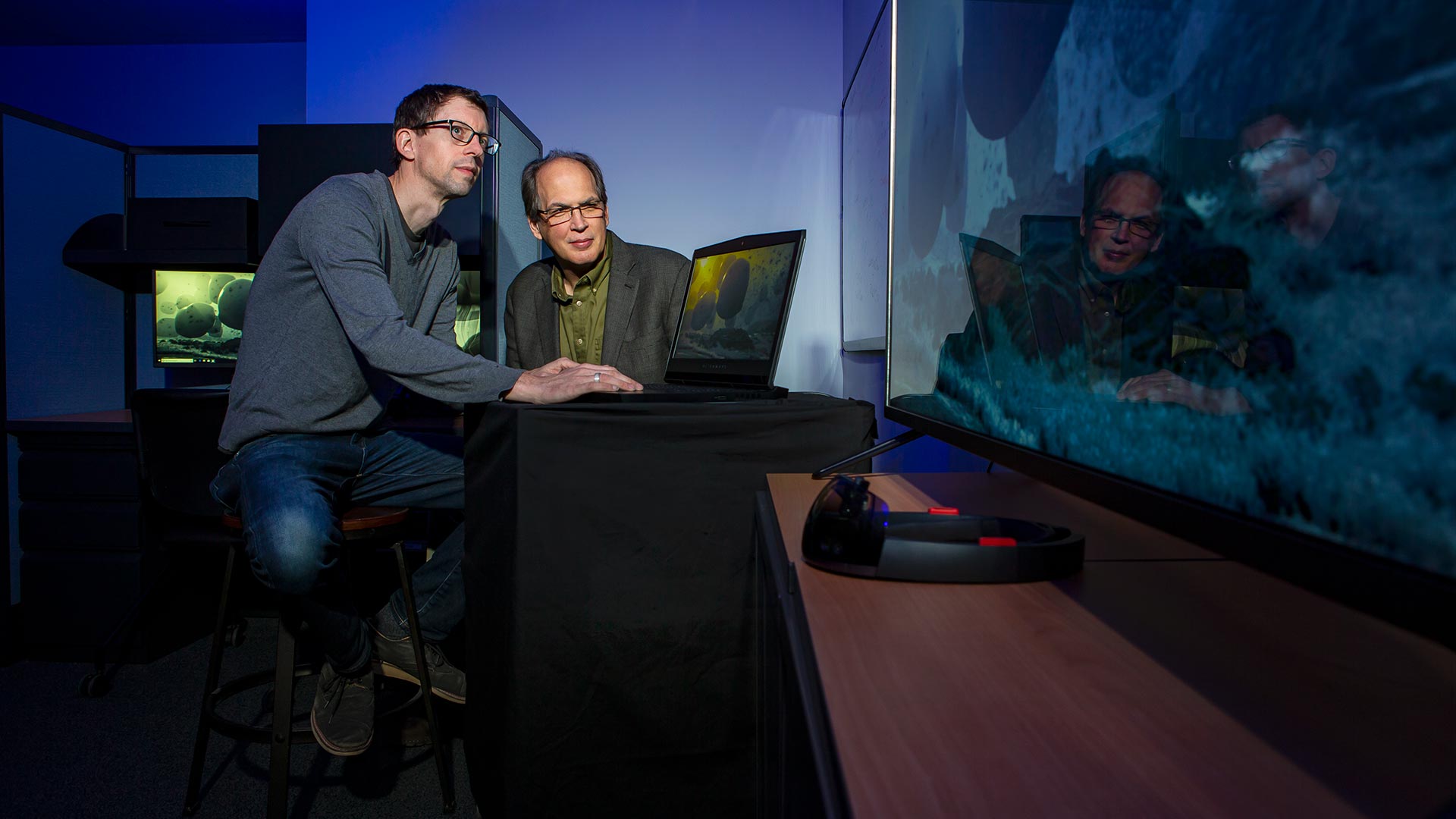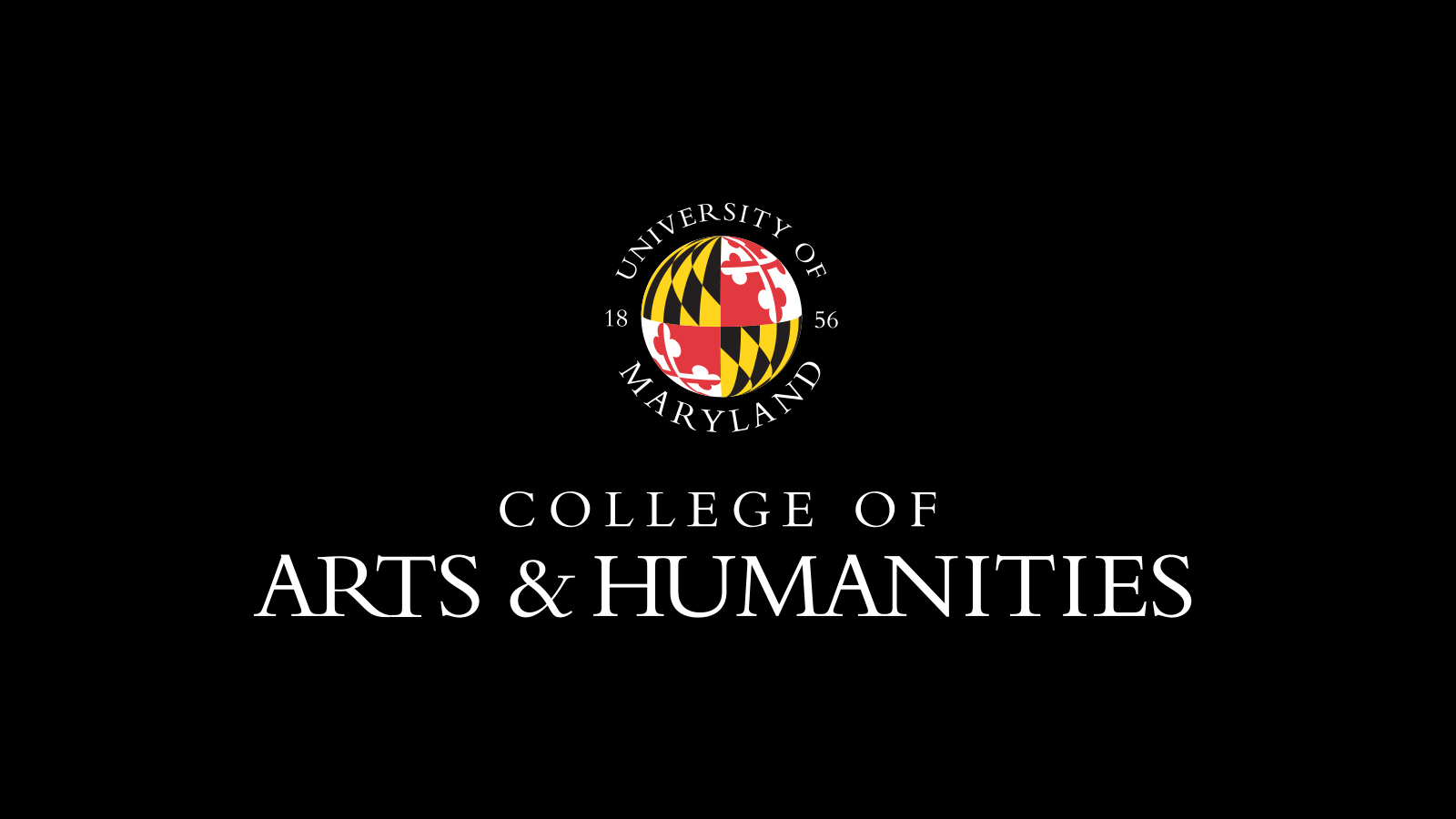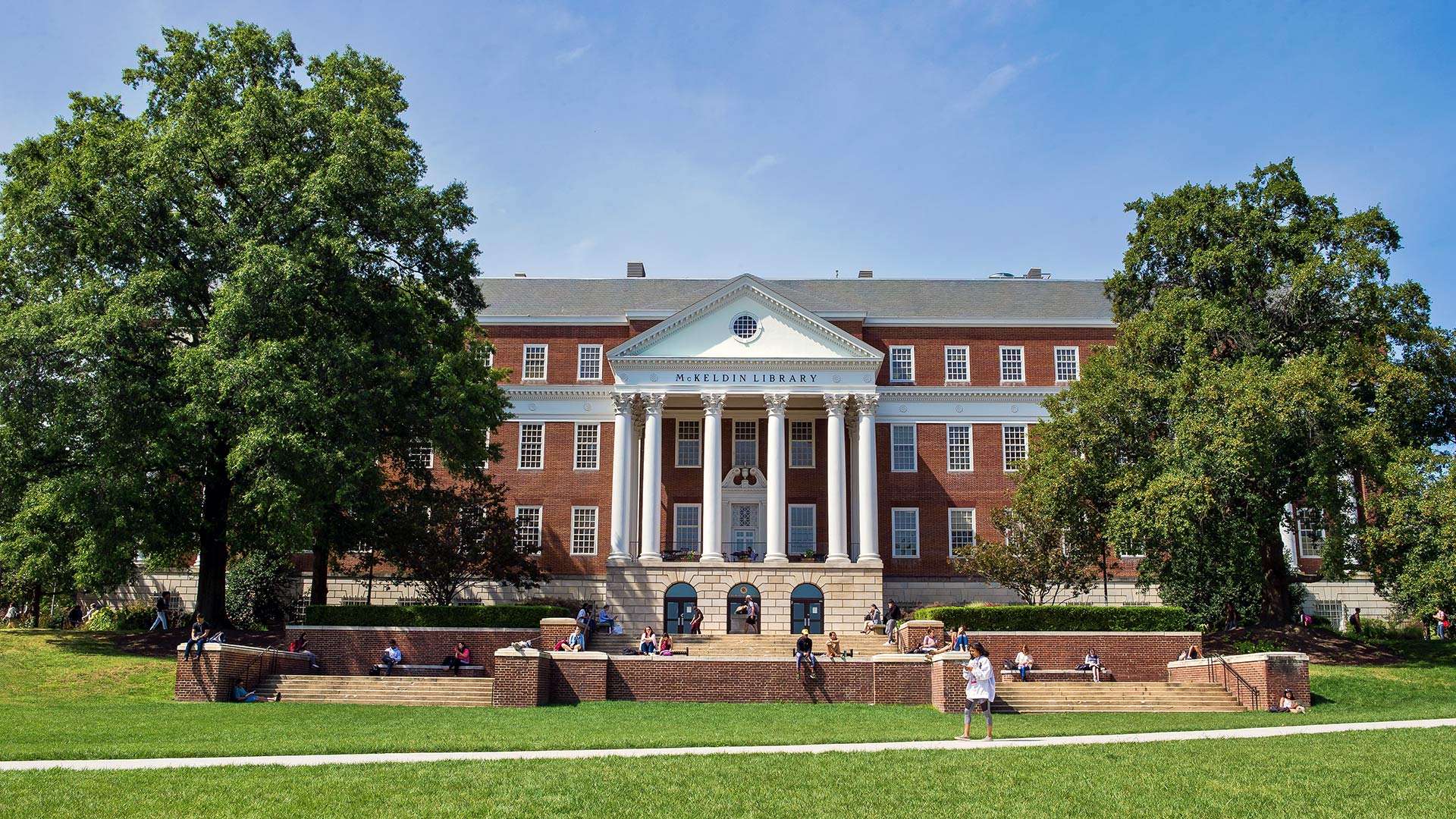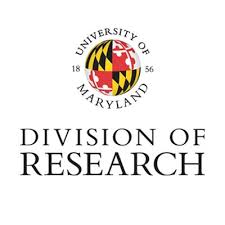The University of Maryland has a new four-year undergraduate program that combines art with computer science to prepare students to design and develop immersive media content and tools.
The immersive media design (IMD) major is co-taught by art and computer science faculty with expertise in virtual and augmented reality, digital art, projected imagery, computer graphics, 3D modeling, and user interfaces spanning audio, visual and tactile platforms.
“The goal is to graduate students who can collaborate effectively across creative and technical boundaries, and will excel in their field, whether that’s in computing, health care, education, advertising, gaming or the visual and performing arts,” said Roger Eastman, a professor of the practice in computer science and inaugural director of the program.
The program kicked off this fall with one introductory course, with two more being offered in Spring 2021.
IMD features two tracks. Innovative Coders, for students focused on computer science, offers a Bachelor of Science degree. Emerging Creatives, with coursework focused on digital art, offers a Bachelor of Arts degree.
Dani Feng, a sophomore in computer science intending to major in immersive media design, has her career sights set on the animation industry. Feng said that she dreams of designing digital tools for artists to better tell stories in broad styles.
“I want to have the knowledge from both worlds, and be able to look at my work with both a technical eye and creative eye,” she said.
The program is designed to be collaborative, with core digital art courses featuring small classes and extensive group project work, said Brandon Morse, an associate professor of art who helped develop the curriculum with Eastman.
Morse, a digital artist whose work has been showcased internationally, said that IMD students won’t need to look far for creative opportunities outside the classroom. The region has seen an explosion of immersive design opportunities in the past few years at venues like ARTECHOUSE and the REACH at the Kennedy Center.
IMD has a dedicated space in the A.V. Williams Building that is undergoing renovation. In addition, IMD faculty and students will use digital art labs and fabrication resources in the Parren J. Mitchell Art-Sociology Building, as well as a high-bay research lab in the Brendan Iribe Center for Computer Science and Engineering.
“Our computing program is strong, interest in digital media is expanding dramatically, and our location next to government agencies and companies excited about new immersive technologies offer unprecedented internship and employment opportunities,” said Amitabh Varshney, professor and dean of the College of Computer, Mathematical, and Natural Sciences.
Varshney played a key role in establishing the new major, co-chairing a task force in 2016 and teaching the university’s first undergraduate course in virtual reality that same year.
The IMD program also bolsters the university’s standing as an arts-tech integrative campus, said Bonnie Thornton Dill, professor and dean of the College of Arts and Humanities.
“This new program, at the intersection of art and technology, is a tremendous opportunity for students to develop their abilities in innovative ways and to expand their creativity and career opportunities,” she said.
By Maria Herd


